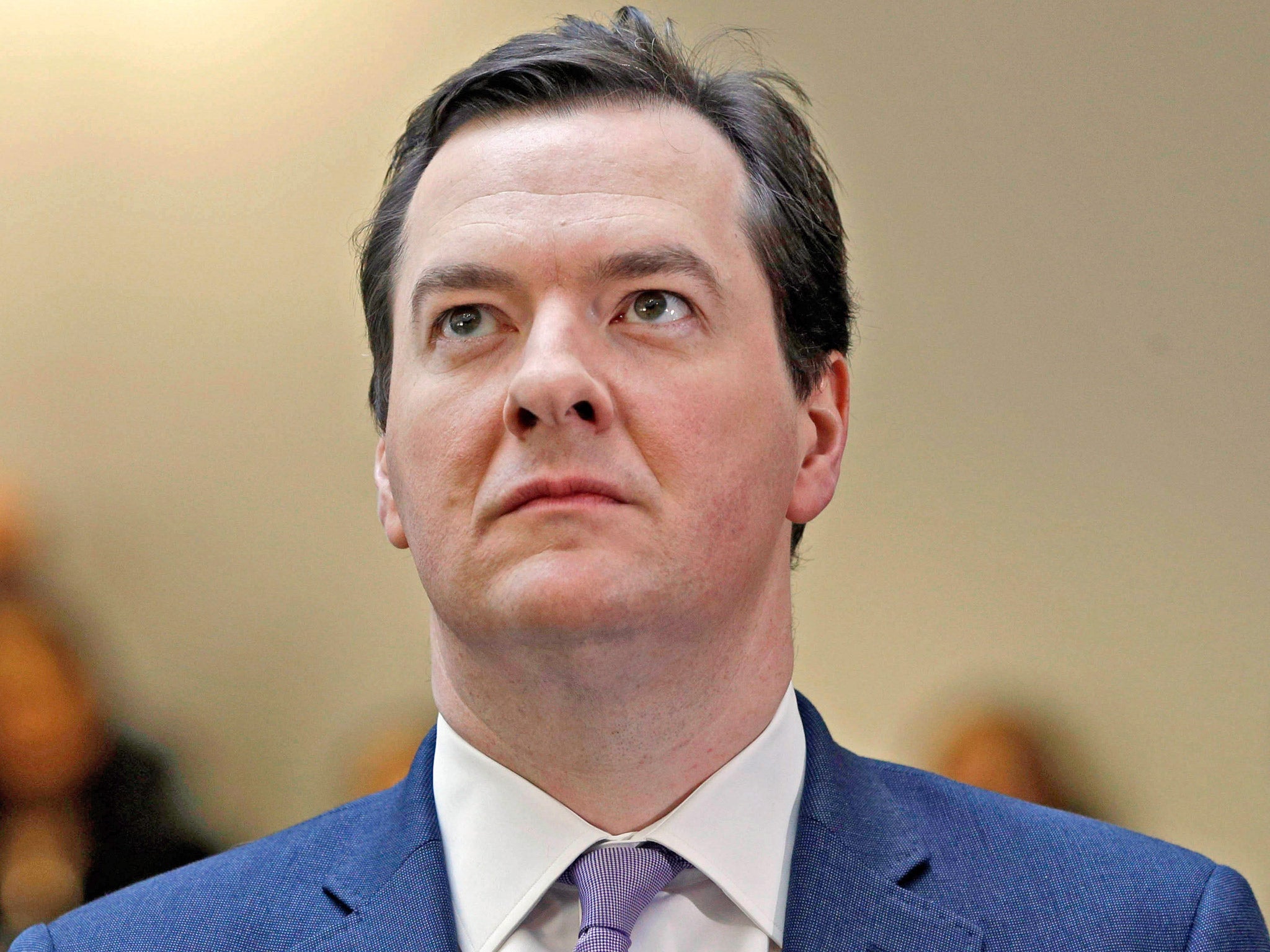The opinion of the IMF shouldn't matter, but Osborne has ensured it does
The IMF has called on the Chancellor to press the pause button on austerity for the sake of the health of the economy. It's the cause of particular embarrassment


Does the opinion of the International Monetary Fund matter? It shouldn’t really. Unlike Greece or Ireland, Britain is not in an official bailout programme. We’re not beholden to the Fund for cash. But the view of the IMF does matter politically. And that’s because George Osborne himself told us so.
The Chancellor once constantly cited the IMF’s support for his ambitious deficit reduction programme in order to deflect criticism from the Labour Party and others that he was cutting recklessly quickly. That’s why it’s so embarrassing for Mr Osborne that the IMF yesterday effectively called on him to press the pause button on austerity for the sake of the health of the economy. Like Mr Osborne’s 2010 misguided promise to safeguard the UK’s AAA credit rating, the Chancellor has made a rod for his own back in telling us all to listen so carefully to the prescriptions of the IMF.
But the Fund’s advice is sound. Extra investment in infrastructure – social housing, school building, road repairs – would certainly help boost the construction industry and also the future growth capacity of the economy. The Chancellor used to warn of a panic from the holders of Government bonds if he were to deviate even slightly from his programme. But with the state able to borrow in the financial markets at less than 2 per cent that’s not a convincing scare story any longer.
Treasury officials tried to limit the damage yesterday. They pointed out that the IMF was not recommending that the Government tear up its entire five year deficit reduction programme, merely to reconfigure it slightly. But the Fund did argue that the Government should allow the deficit to rise by some £10bn during this financial year for the sake of growth. In recent months, Coalition ministers have tried to ridicule Labour for advocating such a policy, arguing that one can never solve a debt crisis by borrowing more. Next time they deploy that rhetorical tactic, the Opposition might want to point out that Mr Osborne’s erstwhile friends in the IMF now officially disagree.

Join our commenting forum
Join thought-provoking conversations, follow other Independent readers and see their replies